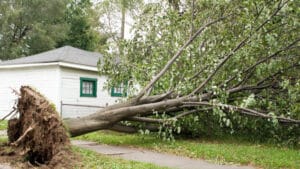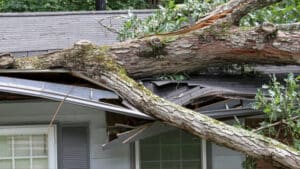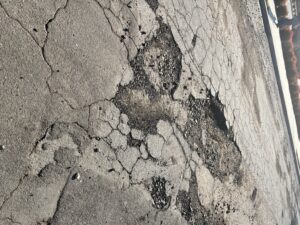
This week’s question comes from Richard H. in Berkeley who asks; “I am a Berkeley student and I was shocked and angry that those Irish students died in the balcony collapse. Much of the housing in Berkeley is old and decaying. I don’t know if that is the case with that building on Kittredge Street, it looked kind of new, who is legally responsible for a tragedy like that?”
Richard, my heart, and those of the entire Bay Area go out to the families of those who died, those who were injured, and those deeply affected by this senseless tragedy.
The present catastrophe involves laws pertaining to construction defect, products liability, premises liability, and general negligence theories as they pertain to personal injuries and wrongful death. The general legal theory which encompasses all of the available claims is that of negligence. California Civil Code, Section 1714, states that “everyone is responsible, not only for the result of his or her willful acts, but also for an injury occasioned to another by his or her want of ordinary care or skill in the management of his or her property or person, except so far as the latter has, willfully or by want of ordinary care, brought the injury upon himself or herself.” Negligence is the failure to use reasonable care to prevent harm to oneself or to others. A person can be negligent by acting or by failing to act. A person is negligent if he or she does something that a reasonably careful person would not do in the same situation or fails to do something that a reasonably careful person would do in the same situation. This would result in a civil action brought by private parties (in contrast to a criminal action potentially brought by the DA) for monetary damages for wrongful death and/or personal injuries. The wrongful death actions would be brought by the families of the six who died and the personal injury actions would be brought by those who suffered physical and/or emotional injuries.
Potential defendants include the architects, structural engineers, developers, general contractors, sub-contractors, product manufacturers, distributors and retailers, building owners and building mangers.
Legal action against a skilled professional such as an architect or structural engineer is referred to as a professional malpractice action. Under the law, “an architect is negligent if he/she fails to use the skill and care that a reasonably careful architect would have used in similar circumstances.”
Developers, general contractors and sub-contractors likewise may be held liable for their negligence in construction. They are supposed to act as reasonable professionals would under similar circumstances, follow specific laws regarding construction practices, and abide by the applicable building code. Berkeley has adopted the California Building Code. According to the City of Berkeley records, a certificate of occupancy was issued in 2007. Therefore, the applicable Building Code would be that which would have been in effect at the time of construction, i.e. that in effect in 2007 or earlier when the plans were approved. Those codes contain specifications for cantilevered decks specification for waterproofing, membranes, decks, door installation, etc. requiring that decks, deck systems, balconies, balcony systems, exterior stairs, and stair systems shall not permit water to pass into the adjacent structure or within the systems themselves and/or cause damage to the systems.
It is possible that one or more of the products used in the decking and/or waterproofing system(s) were defective thereby exposing those involved in the design, manufacture and distribution of the product to liability for damages.
Finally, under the doctrine of premises liability, the owner, manager or operator of an apartment complex is under a duty to exercise ordinary care in the management of such premises in order to avoid exposing persons to an unreasonable risk of harm. Owners/managers must use reasonable care to discover any unsafe conditions and to repair, replace, or give adequate warning of anything that could be reasonably expected to harm others. Berkeley has a Rental Housing Safety Program which requires all owners of single family residences, duplexes, apartment houses, and hotels to annually certify that their rental units(s) meet housing safety standards established by the City. If a landowner knew, or should have known by reasonable inspection of a defect like rot or water intrusion, and failed to take adequate steps to repair it, they can be held liable for the damages which result from such negligence.
My office has handled a number of similar cases and I have drafted a comprehensive memorandum which I have forwarded to some of the interested parties.










